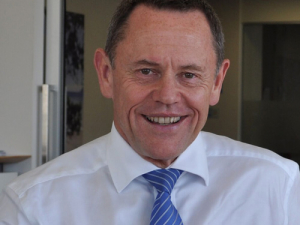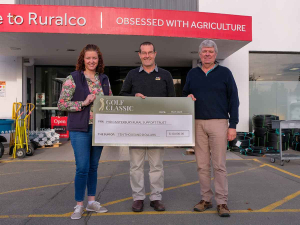The Parliamentary Commissioner for the Environment Simon Upton says there is no single way of dealing with agricultural emissions.
“There are many different approaches that could be taken, and bringing agricultural emissions into the ETS is just one option,” he says.
Upton believes the question should be about how best we can mitigate agricultural emissions.
“There is no easy blueprint to follow for reducing them. No single policy will be sufficient. New Zealand must chart a path forward that makes sense of our national circumstances and international commitments, and that is grounded firmly in science,” he told a conference in Wellington today.
The conference, organised by the NZ Institute of Agricultural and Horticultural Science, looks at agriculture and Emissions Trading Scheme (ETS).
Upton told the conference he was working on an in-depth investigation into the treatment of biological sources and sinks across New Zealand’s landscapes, as part of New Zealand’s climate policy.
“As part of that enquiry, I will seek to highlight key issues to consider as an approach is developed.
“It is clear that any debate around alternatives should command a solid scientific basis, and explore the potential consequences of different approaches for a wide range of environmental outcomes and our landscapes. I’m not in a position to share many conclusions at this stage.”











